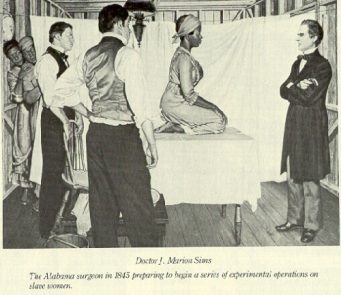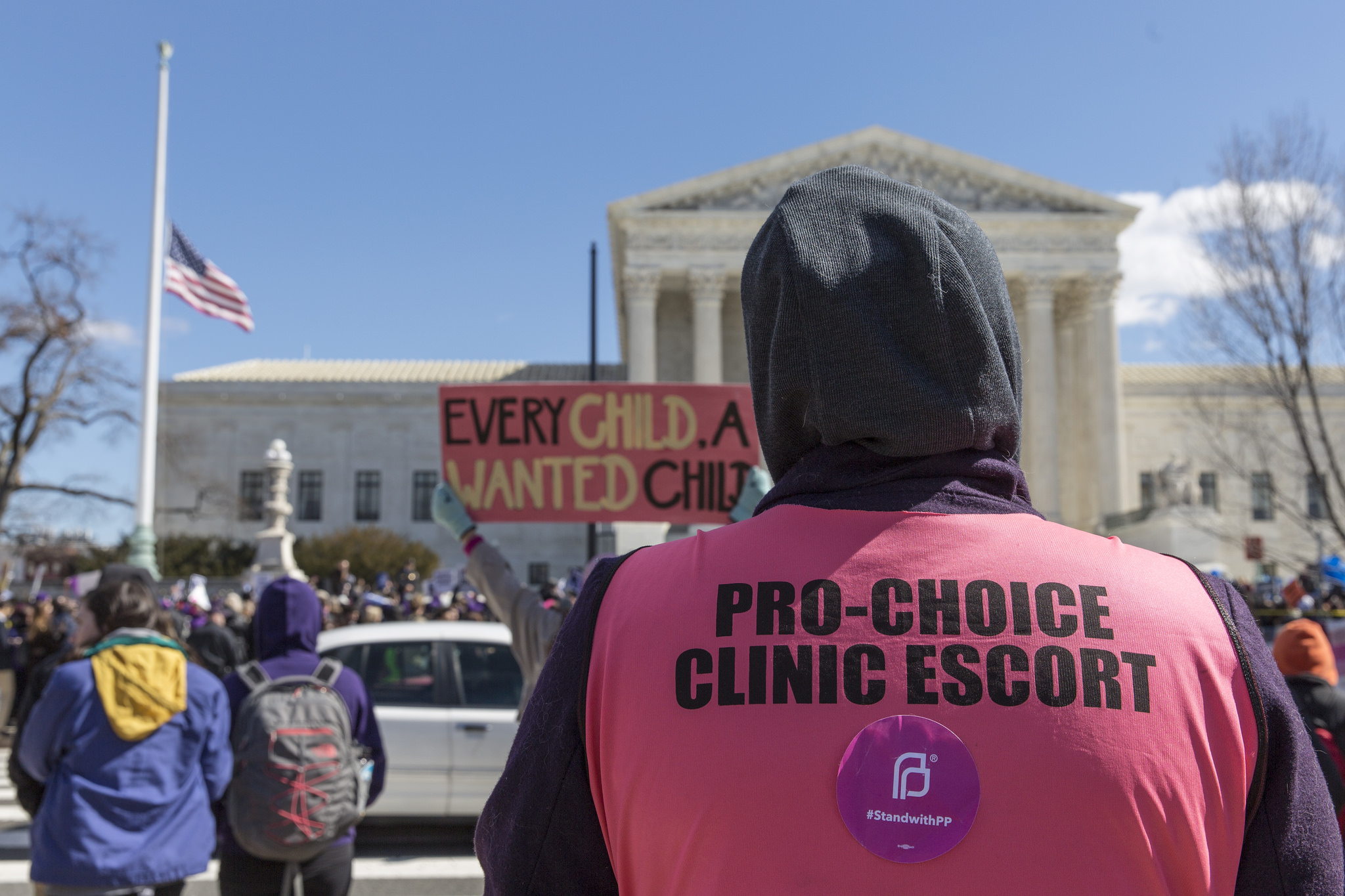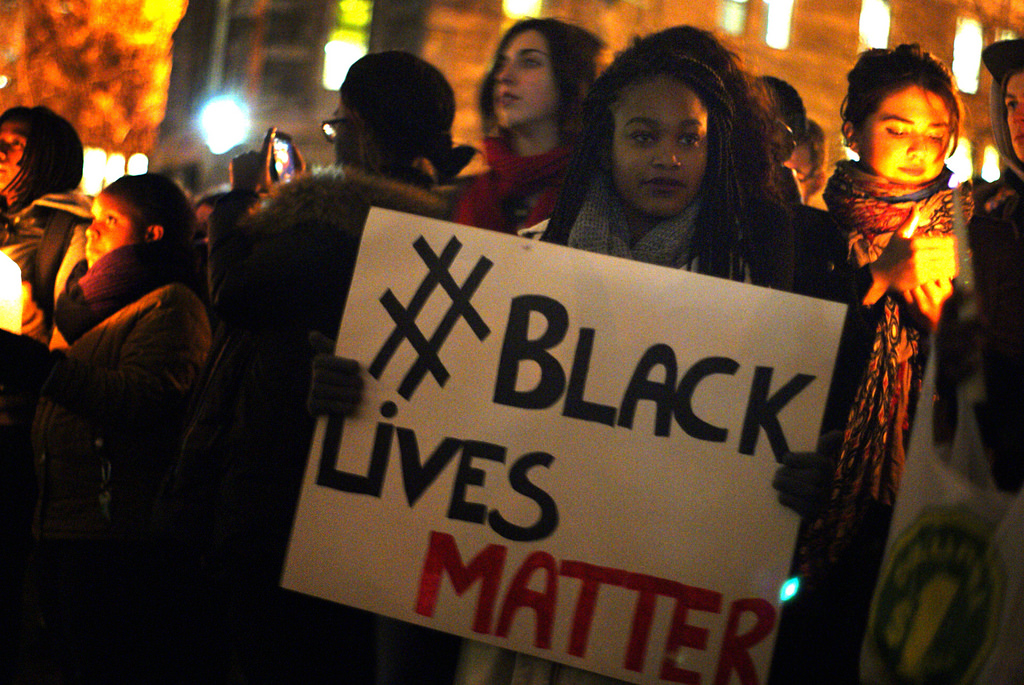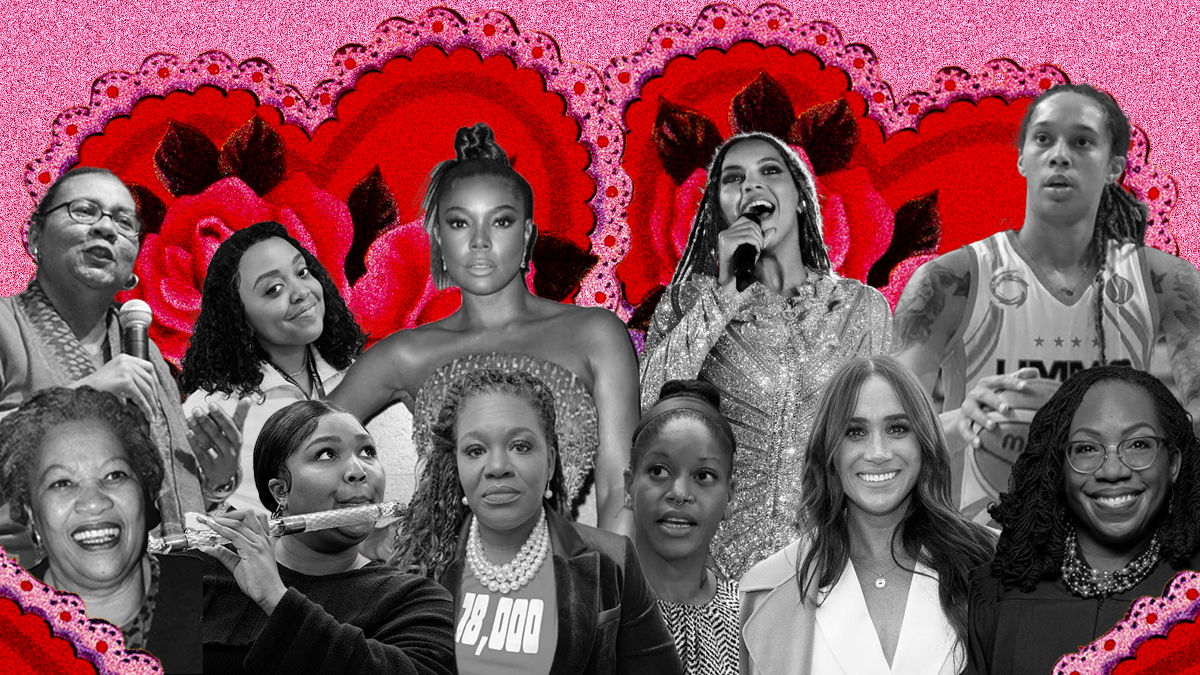Abortion rights, women of color, and LGBTQIA+ people are under attack. Pledge to join us in fighting for gender justice.
History That Should Not Be Repeated: Time to Repeal Hyde

 This past weekend, I had the privilege of visiting the National Museum of African American History and Culture during its historic opening days. I was filled with emotion while viewing the displays reflecting the history, struggles, and triumphs of African Americans. I was also inspired by the talent, perseverance, and achievement of so many, even amidst the worst of the inhumanity and brutality of slavery. I viewed displays about slaves sold on auction blocks—black mothers treated as chattel and separated from their children—reduced to property to be purchased by the highest bidder. During slavery, the wombs of black women were commodified; their value literally determined by their ability to reproduce. Bills of sale were displayed, including descriptions of enslaved black women’s reproductive capacities—in hopes of garnering higher prices. The more children an enslaved woman could bare, the higher her value.
This past weekend, I had the privilege of visiting the National Museum of African American History and Culture during its historic opening days. I was filled with emotion while viewing the displays reflecting the history, struggles, and triumphs of African Americans. I was also inspired by the talent, perseverance, and achievement of so many, even amidst the worst of the inhumanity and brutality of slavery. I viewed displays about slaves sold on auction blocks—black mothers treated as chattel and separated from their children—reduced to property to be purchased by the highest bidder. During slavery, the wombs of black women were commodified; their value literally determined by their ability to reproduce. Bills of sale were displayed, including descriptions of enslaved black women’s reproductive capacities—in hopes of garnering higher prices. The more children an enslaved woman could bare, the higher her value.
As I followed the museum’s exhibits from the Trans-Atlantic slave trade to displays detailing the daily lives of slaves, I was particularly intrigued by one display of gynecological equipment accompanied by representations of three enslaved black women who were noted only by their first names: Anarcha, Betsey, and Lucy. Ever the women’s health advocate, I immediately recognized the gynecological tools developed by Dr. J. Marion Sims—who is often referred to as the “father” of gynecology. As other intrigued visitors joined me in peering at the tools, many began to ask questions—Who were these women? Why were these tools on display here? What happened to them?
I began to share information that I had learned recently from a presentation by Professor Deleseo Alford of Florida A&M School of Law, who researches this country’s history of conducting medical research on black women: She tells the story of Anarcha, Betsey and Lucy. Anarcha was often operated on by Dr. Sims on a table, bent over on all fours and without anesthesia, due to the widely held misbelief that black had higher pain thresholds (we don’t). In the depiction above, Betsey and Lucy peer out from behind a curtain while Dr. Sims and his colleagues examine Anarcha. The repeated surgeries that Dr. Sims conducted upon Anarcha, Betsy, and Lucy led to the development of modern gynecological tools and techniques.
As the museum’s opening ceremony reminded us all, slavery was not long ago in our nation’s history—and its vestiges are still present in black women’s experiences within the health care system. From the exploitation and experimentation upon black women’s bodies to today’s oppressive policies, practices, and laws that seek to limit black women’s ability to make their own choices about whether and when to have children—the stain of slavery, particularly efforts to control black women’s reproductive lives, still rears its ugly head.
The politicization of reproductive rights—including prevailing ideologies and policies regarding who is deserving of access to reproductive health services—work to negatively impact black women’s reproductive autonomy. This was recently demonstrated in a hearing held last week in the House Judiciary Committee on the Hyde Amendment—an annual appropriations provision that prevents Medicaid funds from being used for abortion with only very narrow exceptions. During the hearing anti-choice Congressmen invoked the legacy of slavery, recalling the case of Dred Scott v. Sanford and calling abortion “black genocide.” As these white male Congressmen grilled Kierra Johnson, Executive Director of United for Reproductive and Gender Equity (URGE), the only pro-choice reproductive justice advocate on the panel, they accused her of supporting the killing of black babies and seeking to subsidize abortion. In condescending rhetoric, they scolded her and other black Americans for being “duped” by pro-choice advocacy organizations into supporting abortion.
What they and others who seek to undermine the legal right to abortion and access other reproductive health services fail to heed is the lesson that history can teach us—when we seek to control black women’s reproductive decision-making we impose upon them the same mechanisms of oppression that emancipation from slavery sought to eliminate.
Last week’s hearing should shine a light on the persistence of entrenched racism that ignores the injustice of denying low-income women of color insured through the Medicaid program their right to legal abortion, a restriction that disproportionately impacts black women. While women who can afford abortion have the ability to exercise their legal right, low-income women, by virtue of their economic status, are deprived of that right. Those who justify this by blaming low-income women for their economic status fail to see the hypocrisy of denying low-income women the right to make decisions that could have significant repercussions for their economic security.
Regarding all individuals as equals provides us an unobstructed view of the barriers that impair the ability of some individuals to meaningfully exercise legal rights, including to legal abortion and other reproductive health services—such as economic barriers, administrative obstacles, or language barriers or even lack of cultural competency. When we view each other as equals we cannot, as scholar Dorothy Roberts argues, justify state regulation of individual choice based upon race or class.
We can work for more equity for low-income women of color by supporting the end of the harmful Hyde amendment that, for forty years, has deprived low-income women covered under the Medicaid program who do not live in states that use local funds for abortion coverage from accessing legal abortion.
We can do this by standing in solidarity with coalitions like All Above All that call for an end to Hyde and by supporting the Equal Access to Abortion Coverage in Health Insurance (EACH) Woman Act—legislation that would ensure a woman’s access to abortion, regardless of employer, income, or zip code.
Instead of repeating the past, we can learn from history and ensure that all women, regardless of income or zip code, have access to legal abortion—and we can start with ending Hyde.




